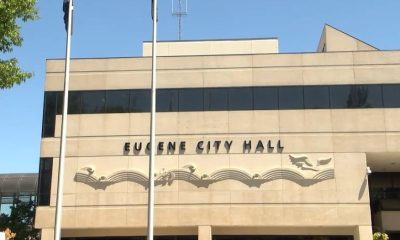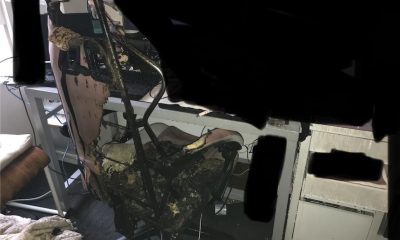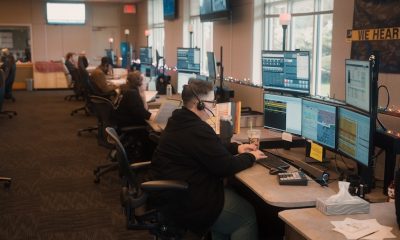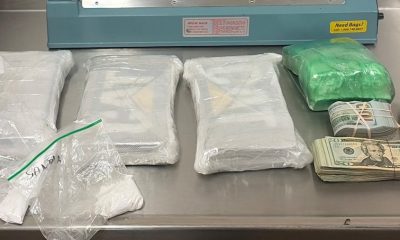Oregon
Two Oregon State University College of Engineering faculty members are partnering with NASA on $525,000 National Science Foundation project to examine the role that gravity plays in microbial growth
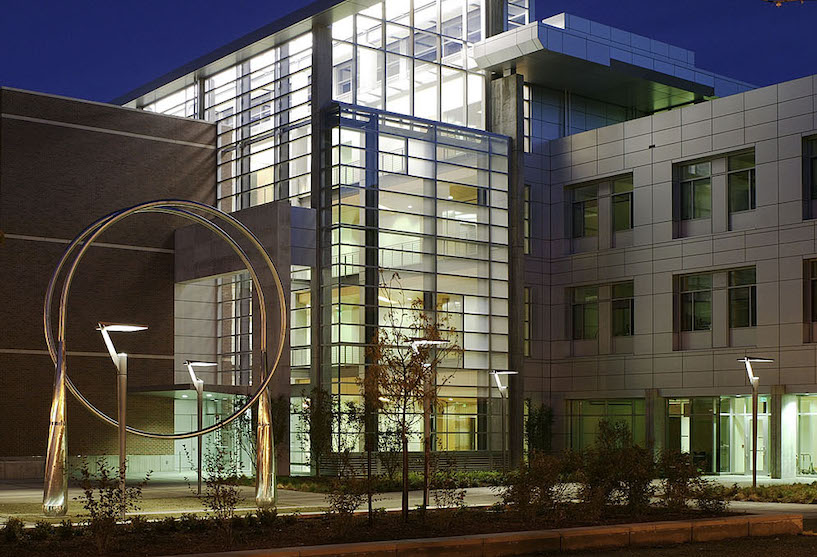
Eugene, OR – According to the state officials, two faculty members, Wildenschild and Navab-Daneshmand will reportedly send specimens to the International Space Station to see how biofilms – aggregates of microorganisms that stick to each other and to surfaces – develop in partially and variably water-saturated porous media, in this case damp dirt and rocks where water is non-uniformly distributed and therefore not always readily accessible to microbes.
Learning more about the development of biofilms in porous media has societal impacts on Earth through a range of applications, in fields such as groundwater remediation, water treatment, and soil and agricultural science.
In addition, biofilms contribute greatly to the fouling of mechanical and medical devices, including implants.
According to the statement, the researchers are hoping the OSU samples can be launched to the space station via space shuttle in late summer 2025 – and are planning for some of the work performed on them by astronauts to be live-communicated as part of STEM outreach events on the Oregon State campus.
-
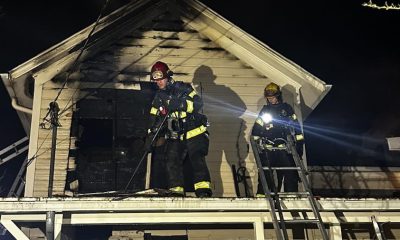
 Eugene1 day ago
Eugene1 day agoTwo-alarm house fire displaces Eugene family in University neighborhood
-
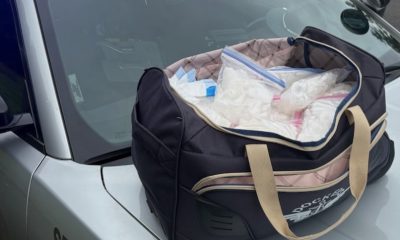
 Oregon1 day ago
Oregon1 day agoTraffic stop near Cottage Grove leads to seizure of more than 40 pounds of methamphetamine
-
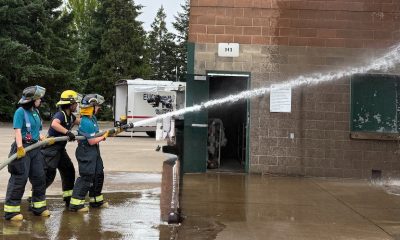
 Eugene1 day ago
Eugene1 day agoEugene Springfield Fire opens applications for 15th annual young women’s fire camp
-
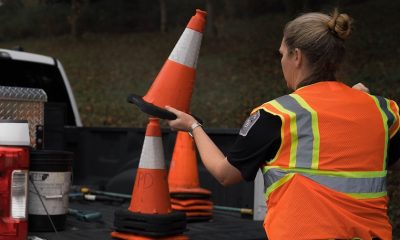
 Eugene1 day ago
Eugene1 day agoEPD warns after multiple crashes during rainy morning commute in Eugene
-
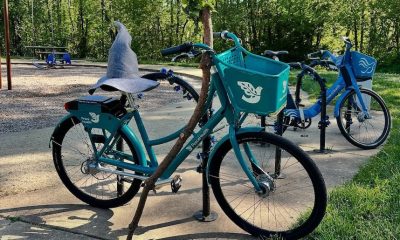
 Eugene1 day ago
Eugene1 day agoEugene officials report record ridership for PeaceHealth Rides bike share

